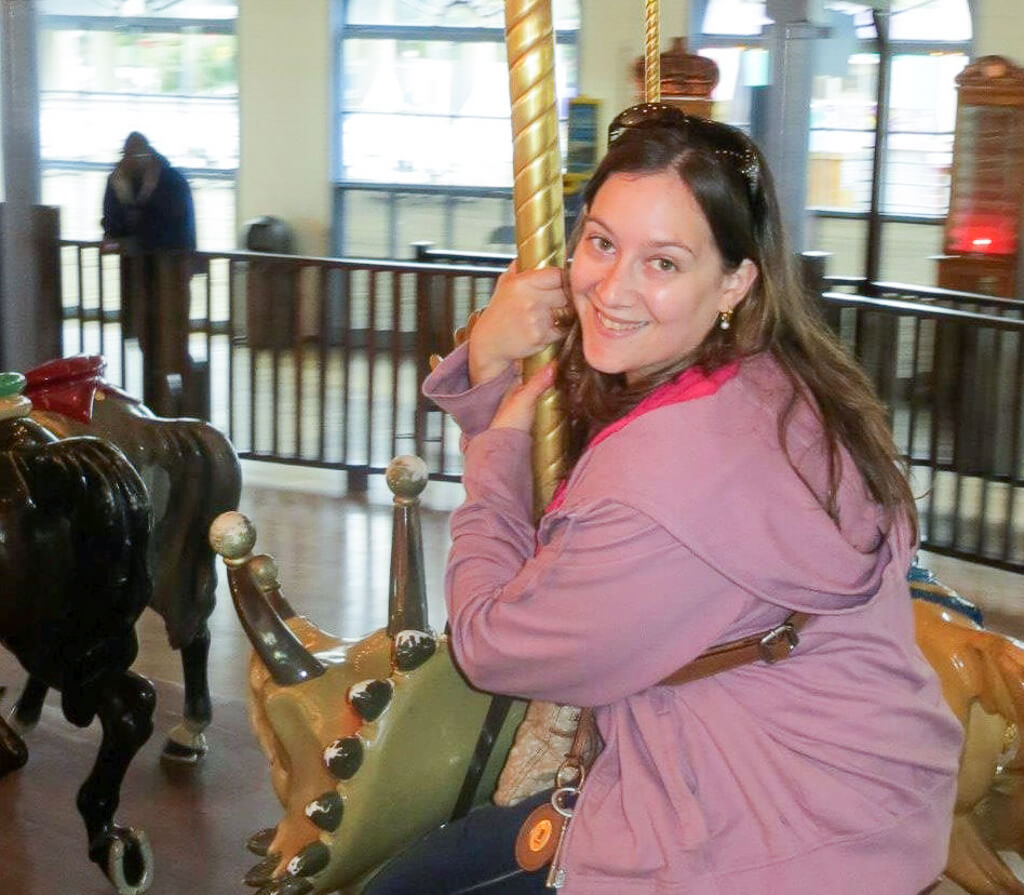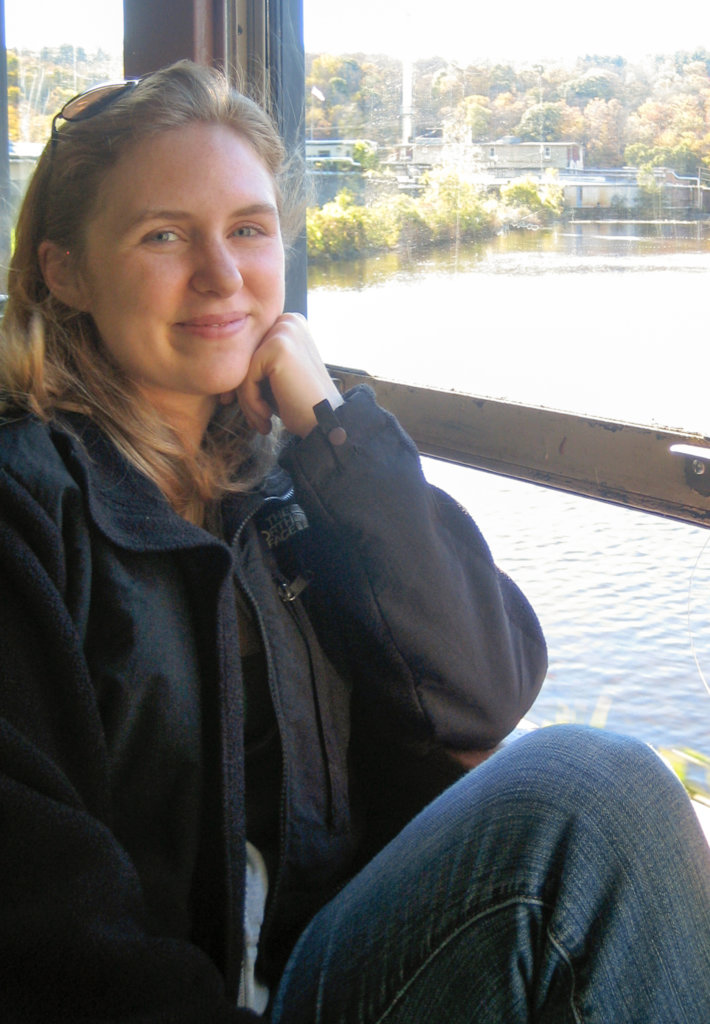
Pro Bono Week Profile: Katie Towt & Ahuva Battams (Federal Govt)
By Vanessa Batters-Thompson
Katie Towt and Ahuva Battams do not hide from challenges. In April, they made an extraordinary commitment to representing a pro bono client, Ms. E, in her custody case—with only one month to prepare for a trial scheduled to take place over three days. Ms. E had tried for several months to find counsel, and she struggled to understand court procedures and rules while her children’s father—who sought sole custody of the parties’ young children—was represented by an experienced (and well-paid) lawyer. The D.C. Bar Pro Bono Center’s Advocacy & Justice Clinic recognized that Ms. E was at a tremendous disadvantage and tried to find a lawyer for her despite the tight timeline.
Fortunately, Katie and Ahuva understood Ms. E’s predicament and got to work right away. “For me, it is the duty of every attorney to help represent people in need,” said Ahuva. “I am never too busy to help. I go home to a safe environment with a family who loves me, and I want to give others that safe environment, too.”
Before representing Ms. E, neither Katie nor Ahuva had litigated a custody matter; both work full time for the federal government. Ahuva volunteered for the case because she wanted the experience of handling a trial; Katie joined the team after being contacted by Laura Klein, Chair of the Federal Government Pro Bono Program. “I know Laura,” Katie recalls thinking. “She runs a great program, and I knew we would have the tools to succeed.” (As required of all federal government lawyers handling pro bono cases, Katie and Ahuva represented Ms. E in their individual capacities without involvement by their federal agencies.)

Given the tight schedule, Katie and Ahuva got right to work developing Ms. E’s case, amassing evidence of their client’s strengths as a mother. It was clear during their first meeting, recalls Ahuva, that Ms. E “clearly loved her children and had not done anything that would justify her not being a huge presence in their lives.” Although Katie and Ahuva were new to D.C. Family Court’s Domestic Relations Branch, and initially found that court’s procedural aspects to be unfamiliar, they got help from the Advocacy & Justice Clinic and regularly spoke with both Pro Bono Center staff and their expert mentor, Marcia Kuntz. “I felt like we had a whole team of subject matter experts,” said Katie. “It was great not only for the moral support but also because we felt like we could pick up the phone and have an expert on the line.”
Meanwhile, the case proved to be more complicated than expected. The trial, initially set to take place over three days, ended up being heard over several weeks. Yet despite several twists and turns, the judge ultimately issued a final order giving Ms. E joint custody of her children.
For Katie and Ahuva, the hard work was worth it. “My employment with the government does not involve representing individuals,” explained Ahuva, so “to have that human interaction was very satisfying.” And Katie notes how grateful their client was: “She regained some faith in the system, as well as a positive outlook for the future of her family.”
Both Katie and Ahuva plan to keep doing pro bono work, and they have some advice to other attorneys considering using their skills to help others. “Don’t be afraid to dig into something new,” Ahuva says. “There is a support system that will help you represent your client zealously regardless of the substantive area.” Katie adds that with pro bono cases, “you get to develop skills you would not otherwise get to develop. Most of my cases with the federal government settle, so for me to be able to come back to my office and explain I examined witnesses and gave an opening statement in court, that is great.“
Finally, Katie points to lawyers’ obligation to give back—to both clients and other lawyers: “I have been so privileged and supported in getting to this stage in my career. I have taken advantage of mentoring by other attorneys. I have an obligation to pass those benefits forward. Attorneys can get caught in the academic, but our laws ultimately impact people.”
Vanessa Batters-Thompson is Managing Attorney at the DC Bar Pro Bono Center, which recruits, trains, and mobilizes volunteer attorneys to take pro bono cases serving individuals living in poverty who are at risk of losing their homes, their livelihoods, and their families.






